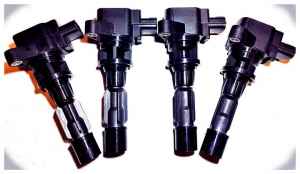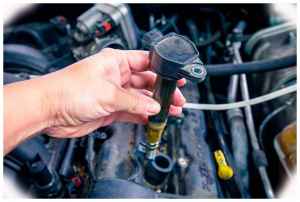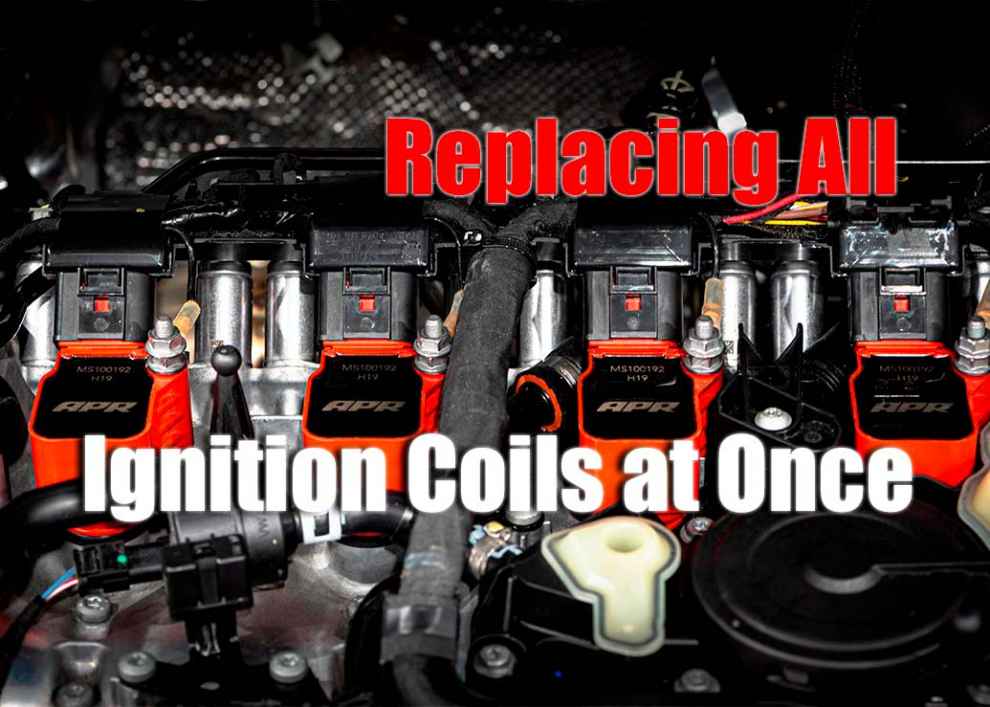Ignition coils convert the energy from the car’s battery into electrical sparks necessary for firing up the engine. Over time, these ignition coils can experience wear and tear and need to be replaced. When this happens, it is important to consider whether replacing all of the ignition coils at once is a good idea. In this article, we will discuss exactly that so you can make an informed decision when it comes to replacing your ignition coils.
Signs of Ignition Coil Problems
One of the most common signs of malfunctioning ignition coils is a misfiring engine. This occurs when one or more cylinders in the engine do not receive enough spark due to a faulty coil or plugs. Other signs include:
- Decreased power and performance.
- Poor fuel economy.
- A check engine light being illuminated on your dashboard.
Benefits and Drawbacks of Replacing All Ignition Coils at Once

The biggest downside of replacing all ignition coils at once is that it can be quite costly. Ignition coils can vary in price depending on make and model, so replacing them all at once could be a significant expense. Additionally, if only one of your ignition coils needs to be fixed, replacing all of them is wasteful and unnecessary.
How to Determine When to Replace Ignition Coils
The best way to determine when you need to replace your ignition coils is to use diagnostic tools and techniques and test each coil individually for any signs of failure or wear and tear. It is also important to check the manufacturer’s recommendations for when these should be replaced to ensure optimal engine performance.
How to Replace Ignition Coils

It is also important to follow safety protocols when replacing ignition coils. Be sure to wear protective clothing such as gloves and goggles and work in a well-ventilated area when dealing with potentially hazardous materials such as gasoline or engine oil.
Conclusion
Replacing all of your ignition coils at once can be a great way to save time and money if you are sure which ones need replacement. However, it is important to consider all aspects before deciding, so be sure to diagnose each coil individually for any signs of failure or wear and tear. Additionally, follow manufacturer recommendations for optimal engine performance and always adhere to proper safety protocols when dealing with potentially hazardous materials such as gasoline or engine oil.

Add Comment